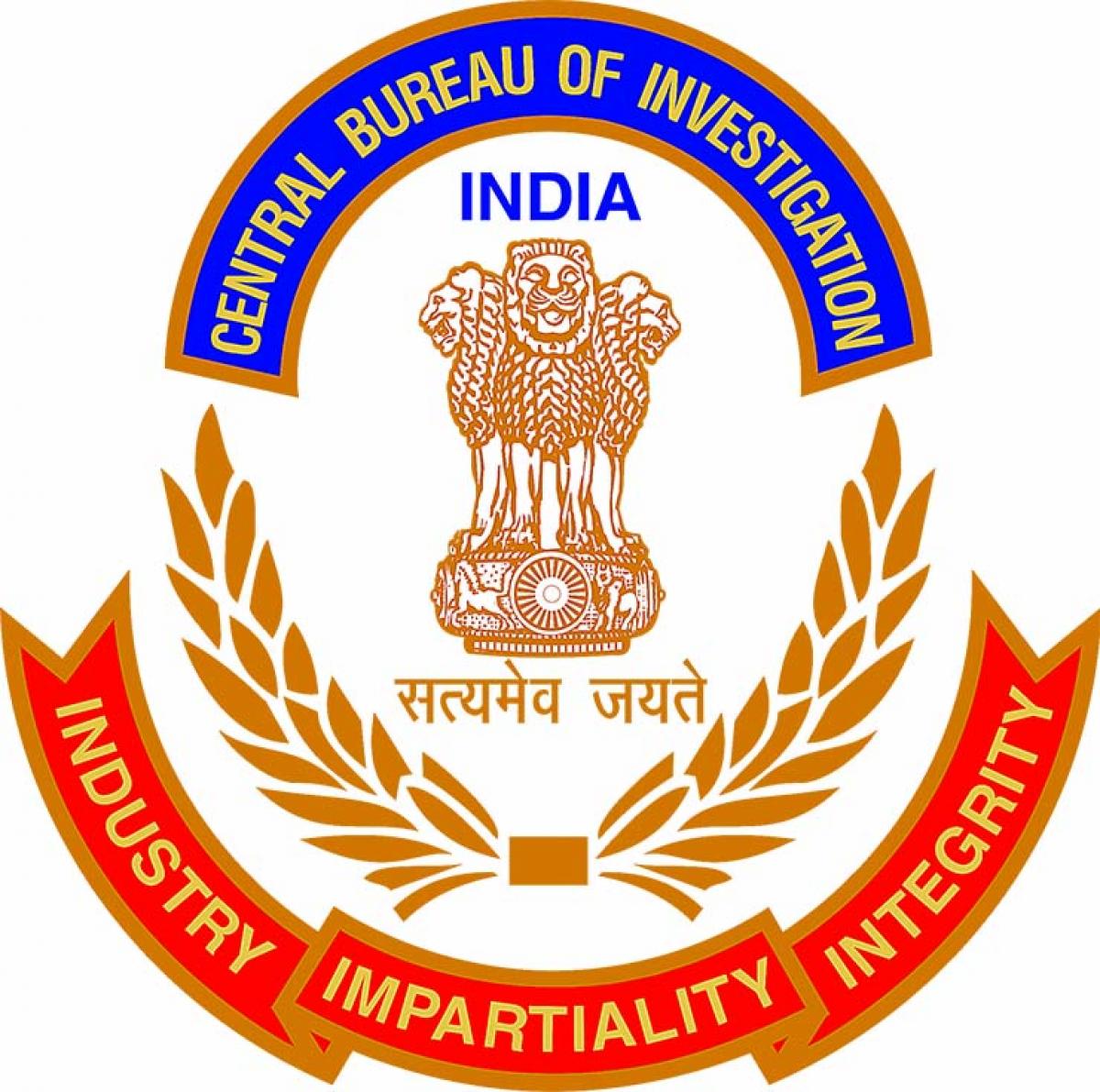Central Bureau of Investigation

The Central Bureau of Investigation (CBI) is the foremost investigating police agency in India, an elite force which plays a role in public life and ensuring the health of the national economy. It is under the jurisdiction of the Government of India. The CBI is involved in major criminal probes, and is the Interpol agency in India.
The Central Bureau of Investigation (CBI) is the foremost investigating police agency in India, an elite force which plays a role in public life and ensuring the health of the national economy. It is under the jurisdiction of the Government of India. The CBI is involved in major criminal probes, and is the Interpol agency in India.
History
The CBI was established in 1941 as the Special Police Establishment, tasked with domestic security. It was renamed the Central Bureau of Investigation on April 1, 1963. Its motto is "Industry, Impartiality, and Integrity".
Special Police Establishment (SPE)
The Central Bureau of Investigation traces its origins to the Special Police Establishment (SPE) established in 1941 by the government.
The functions of the SPE were to investigate bribery and corruption in transactions with the War and Supply Department of India, set up during World War II with its headquarters in Lahore.
The Superintendent of the War Department and the SPE was Khan Bahadur Qurban Ali Khan, who later became Governor of the North West Frontier Province at the creation of Pakistan. The first legal advisor of the War Department was Rai Sahib Karam Chand Jain.
After the end of the war, there was a continued need for a central governmental agency to investigate bribery and corruption by central-government employees. Rai Sahib Karam Chand Jain remained its legal advisor when the department was transferred to the Home Department by the 1946 Delhi Special Police Establishment Act.
The DSPE's scope was enlarged to cover all departments of the Government of India. Its jurisdiction extended to the Union Territories, and could be further extended to the states with the consent of the state governments involved.
Sardar Patel, first Deputy Prime Minister of free India and head of the Home Department, desired to weed out corruption in erstwhile princely states such as Jodhpur, Rewa and Tonk. Patel directed Legal Advisor Karam Chand Jain to monitor criminal proceedings against the dewans and chief ministers of those states.
The DSPE acquired its popular current name, Central Bureau of Investigation (CBI), through a Home Ministry resolution dated 1.4.1963.
Formation of CBI
The CBI established a reputation as India's foremost investigative agency with the resources for complicated cases, and it was requested to assist the investigation of crimes such as murder, kidnapping and terrorism.
The Supreme Court and a number of High Courts in the country also began assigning such investigations to the CBI on the basis of petitions filed by aggrieved parties. In 1987, the CBI was divided into two divisions: the Anti-Corruption Division and the Special Crimes Division.
DP Kohli
The founding director of the CBI was DP Kohli, who held the office from April 1, 1963 to May 31, 1968. Before this, Kohli was Inspector-General of Police for the Special Police Establishment from 1955 to 1963 and held law-enforcement positions in Madhya Bharat (as chief of police), Uttar Pradesh and local central-government offices. For distinguished service, Kohli was awarded the Padma Bhushan in 1967.
Kohli saw the potential to grow the Special Police Establishment into a national investigative agency. He nurtured the organisation during his long career as Inspector General and Director and laid the foundation on which the agency grew.
Organisation
The CBI is headed by a director, an IPS officer with a rank of Inspector General of Police or Commissioner of Police (State). The director is selected based on the CVC Act 2003, and has a two-year term. Other ranks in the CBI which may be staffed by the Indian Revenue Service (IRS) and the IPS are Special Director, Additional Director, Joint Director, Deputy Inspector General of Police, Senior Superintendent of Police and Superintendent of Police.
Additional Superintendent of Police, Deputy Superintendent of Police, Inspector, Sub-inspector, Assistant sub-inspector, Head constable, Senior constable and Constable are recruited through SSC or through deputation from Police and Income Tax Departments.
The CBI is subject to three ministries of the Government of India and two Constitutional bodies:
1.Ministry of Home Affairs: Cadre clearance
2.DoPT: Administration, budget and induction of non-IPS officers
3.Union Public Service Commission: Officers above the rank of Deputy SP
4.Law and Justice Ministry: Public prosecutors
5.Central Vigilance Commission: Anti-corruption cases
Selection committee
The amended Delhi Special Police Establishment Act empowers a committee to appoint the director of CBI. The committee consists of the following people:
Prime Minister – chairperson
Leader of Opposition – member
Chief Justice of India or a Supreme Court Judge recommended by the Chief Justice – member
- When making recommendations, the committee considers the views of the outgoing director.
- Above Selection committee was constituted under The Lokpal and Lokayuktas Act, 2013. Prior to this, the central vigilance commissioner, under CVC act, had this power.
NDA government, on November 25, 2014, moved an amendment bill to do away with the requirement of quorum in high profile committee while recommending the names, for the post of director CBI, to the central government by introducing the clause "no appointment of a (CBI) director shall be invalid merely by reason of any vacancy or absence of members in the panel" and to replace the LOP with Leader of single largest opposition party or pre-election coalition as at present there is no Leader of Opposition in the Lok Sabha.
Jurisdiction, powers and restrictions
The legal powers of investigation of the CBI are derived from the DSPE Act 1946, which confers powers, duties, privileges and liabilities on the Delhi Special Police Establishment (CBI) and officers of the Union Territories. The central government may extend to any area (except Union Territories) the powers and jurisdiction of the CBI for investigation, subject to the consent of the government of the concerned state. Members of the CBI at or above the rank of sub-inspector may be considered officers in charge of police stations. Under the act, the CBI can investigate only with notification by the central government.














